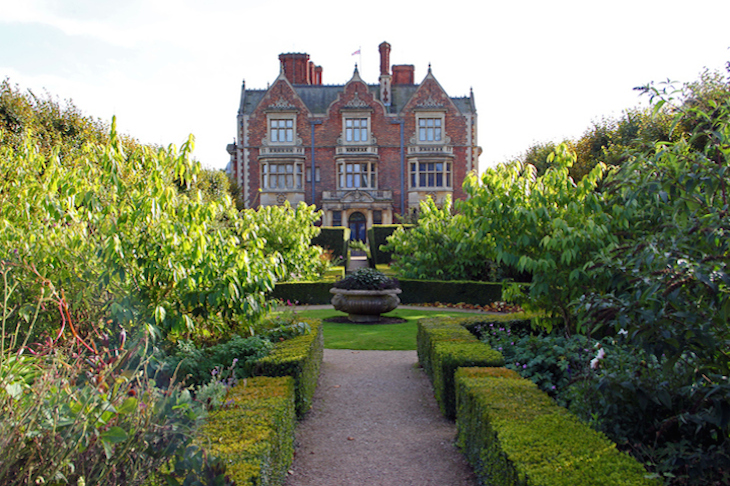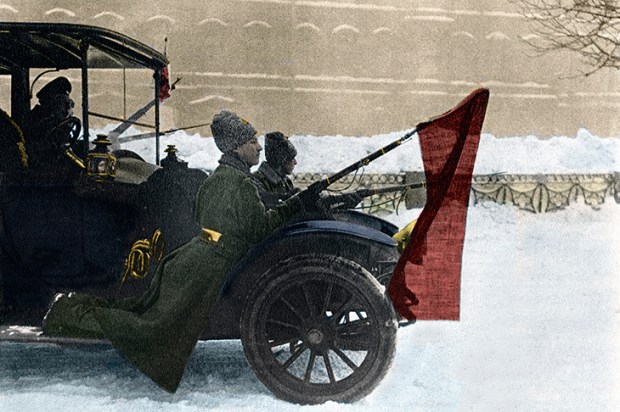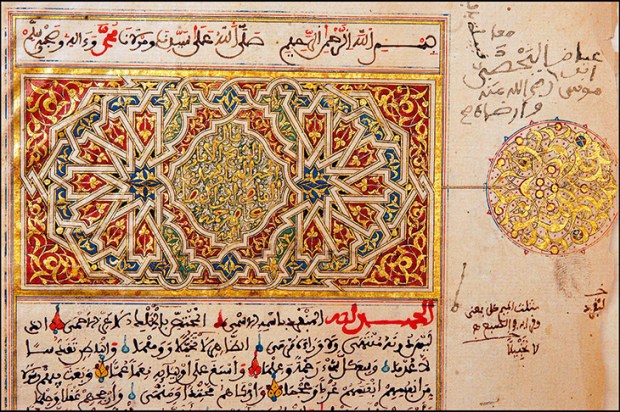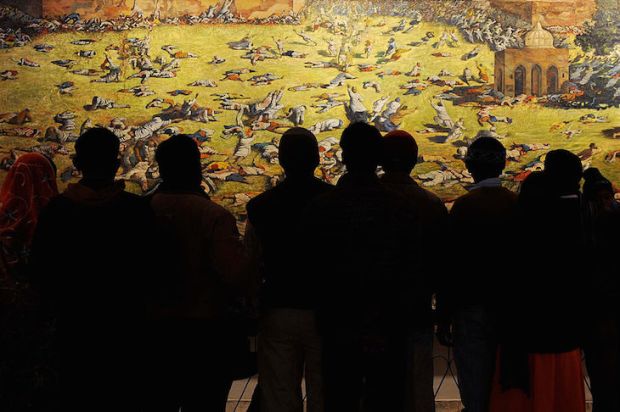This daintily dress-conscious and rewardingly heavyweight novel is set mainly in a half imaginary stately home in Oxfordshire. The story begins in 1663, jumps forward to modern times and then back to 1665.
On all occasions, our attention is less on the actual house, Wychwood, than on the power of nature, whatever’s left of the surrounding primeval forest, ornamental lakes-in-the-making, majestic vistas and, above all, the ‘monstrously expensive’ wall or ‘the great ring of stone’, built, or being built, around its park.
Those featured include the original landscape designer Mr Norris, his silk-coated, high-heeled employer Lord Woldingham and later the silk-and-chiffon-clad Rossiters, who rule the roost in the 1960s. And of course their assorted staff: slightly too many gardeners, foresters and farm managers, many of whom confusingly have the same names as their ancient predecessors. There are also two witches, both called Meg, and three dogs, all called Lupin.
Much of the action takes place in a fan-shaped hollow within the wall where masques, ballets and concerts are performed — one of them features Joshua at the walls of Jericho — and which often end with some natural disaster, an inferno or even a murderous ‘punch of invisible energy’.
More than 100 pages are devoted to a ‘fancy-pants’ house party at Wychwood in the 1960s, attended by a classic young ‘pooftah’ art dealer and an up-and-coming journalist working in Fleet Street. The latter’s presence provides a vital link with the ongoing Cold War, spies, atom bombs and particularly Berlin where, of course, another important wall just happens to be being built.
This happy, tragic, ever expanding and literally groundbreaking story focuses mainly on the ambiguous nature of walls. Has Mr Norris created a prison or a paradise? Do present-day prisoners sometimes dread their release? It also raises more amusing questions. Are pheasants really bad astronauts? What secrets lie in the ground beneath us? Can too much sex really contort a writer’s syntax?
If this all-encompassing book had been written a few months later, it would surely have ended with a reference to Donald Trump’s proposed wall on the Mexican border. Instead, a final flashback to the Garden of Eden, and the rack and ruin and multiplying serpents that take over after Adam and Eve get cast out, reminds us that we have always lived in a world divided by religion.
Got something to add? Join the discussion and comment below.
Get 10 issues for just $10
Subscribe to The Spectator Australia today for the next 10 magazine issues, plus full online access, for just $10.
You might disagree with half of it, but you’ll enjoy reading all of it. Try your first month for free, then just $2 a week for the remainder of your first year.














Comments
Don't miss out
Join the conversation with other Spectator Australia readers. Subscribe to leave a comment.
SUBSCRIBEAlready a subscriber? Log in